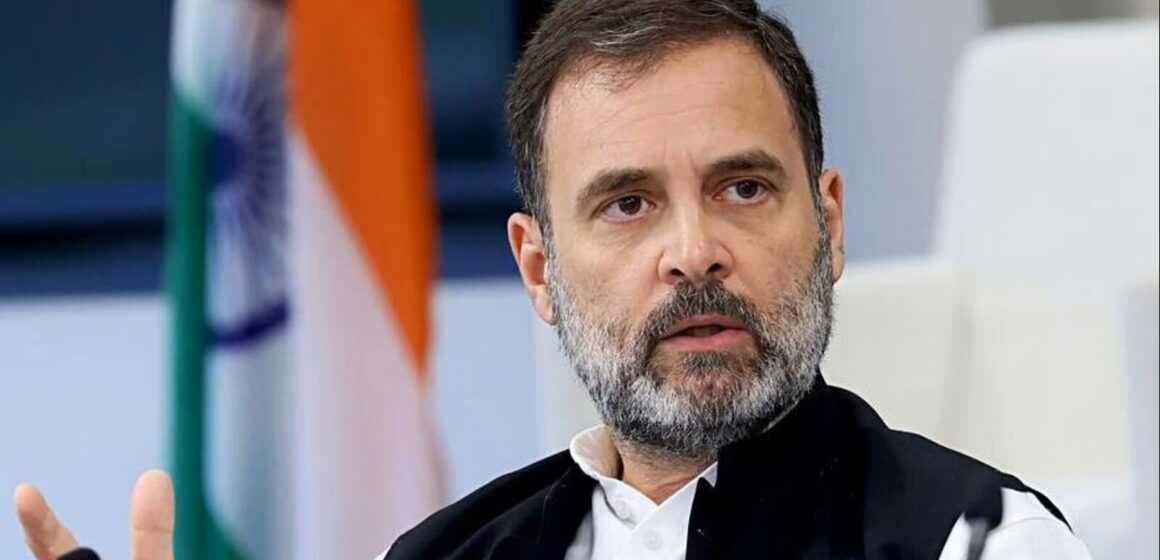he recent legal action against Rahul Gandhi, Leader of the Opposition in the Lok Sabha, over his remarks on Hindus during a parliamentary session has stirred significant controversy and debate. Here’s a detailed examination of the events and their implications:
Background and Controversy
On July 1, 2024, Rahul Gandhi, in his speech during the Motion of Thanks in the Lok Sabha, accused the Bharatiya Janata Party (BJP) of perpetuating violence and hate. His statement, “Those who call themselves Hindus indulge in hate and violence round the clock,” immediately drew reactions from Prime Minister Narendra Modi and others, highlighting its potential divisiveness.
Following this, Divyanshu Kishore, a leader of a Hindu outfit, filed a complaint in the Chief Judicial Magistrate (CJM) Court of Muzaffarpur, Bihar. The complaint alleges that Gandhi’s remarks were intentionally aimed at insulting Hindu religious sentiments and could incite hatred in society. The court has accepted the complaint under sections 299, 302, and 356 (1) of the Bharatiya Nyaya Sanhita (BNS) of 2023, marking a significant legal development.
Legal Framework and Charges
The sections invoked in the complaint carry substantial legal implications:
- Section 299 addresses deliberate acts intended to outrage religious feelings by insulting religious beliefs.
- Section 302 pertains to the intentional utterance of words to wound religious feelings.
- Section 356 (1) deals with allegations of defamation, reflecting the comprehensive nature of the legal challenge against Gandhi’s statement.
These legal provisions highlight the robust framework in place to safeguard religious sensitivities and prevent the dissemination of statements that could potentially disrupt communal harmony.
Political Response and Public Opinion
The legal action against Rahul Gandhi has sparked polarized reactions within political circles and among the public. Supporters of the complainant argue that Gandhi’s remarks were irresponsible and warranted legal scrutiny to uphold communal harmony. In contrast, proponents of free speech contend that political discourse should be protected under constitutional guarantees, even if it involves criticism of religious or political entities.
Prime Minister Narendra Modi’s intervention during the parliamentary session underscored the gravity with which Gandhi’s comments were perceived by the ruling party and its supporters. The incident has reignited discussions on the responsibilities of political leaders in fostering inclusive dialogue while respecting diverse religious beliefs.
As the legal proceedings progress, the case against Rahul Gandhi serves as a critical reflection point on the intersection of free speech, religious sensitivities, and legal accountability in India’s democratic framework. It underscores the need for political leaders to exercise caution in their public statements, recognizing the potential impact on social harmony and legal repercussions.

